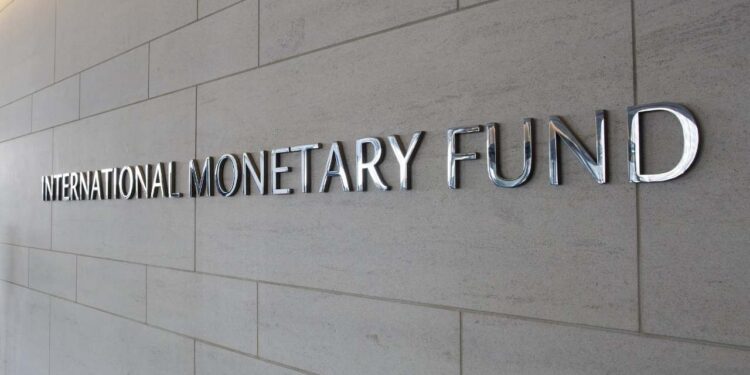The International Monetary Fund (IMF) staff and Ethiopian authorities have reached a staff-level agreement on economic policies to conclude the second review of Ethiopia’s four-year, $3.4 billion Extended Credit Facility (ECF) arrangement. Upon formal approval by the IMF Executive Board, Ethiopia will gain access to approximately $251 million in financing.
Ethiopia’s homegrown economic reform agenda, including the shift to a market-determined exchange rate, continues to show significant progress. Foreign exchange shortages have eased, and the spread between official and parallel market rates has dropped below 10% after briefly widening in October.
An IMF staff team, led by Mr. Alvaro Piris, visited Addis Ababa from November 12 to 26, 2024, to assess the country’s reform progress and policy priorities under the ECF arrangement. The program, initially approved by the IMF Executive Board on July 29, 2024, amounts to SDR 2.556 billion (approximately $3.4 billion).
Mr. Piris commended Ethiopia’s advancement in reforms, noting the easing of foreign exchange surrender requirements, increased activity in the interbank FX market, and the successful launch of a domestic interbank money market. These developments have helped alleviate foreign exchange shortages and stabilize the exchange rate.
He highlighted Ethiopia’s strong economic outlook, supported by prudent policies and limited inflationary impact from the FX reforms. The recently approved supplementary budget is expected to address liquidity challenges while adhering to fiscal objectives. To ensure medium-term inflation stability, maintaining tight monetary and financial conditions during the transition to interest rate-based monetary policy will be crucial.
The IMF team held productive discussions with key Ethiopian officials, including Minister of Finance Ahmed Shide, National Bank Governor Mamo Mihretu, and State Minister of Finance Eyob Tekalign. The team also engaged with representatives from the banking and business sectors.
The agreement is subject to IMF management and Executive Board approval, with future program reviews scheduled on a six-month basis.





















